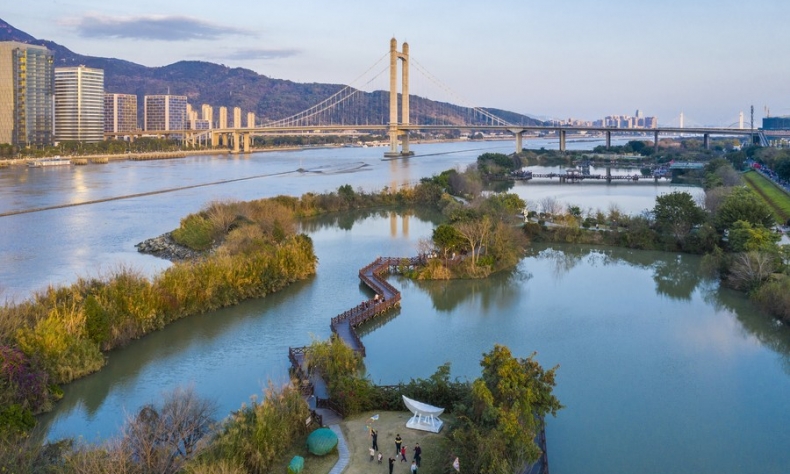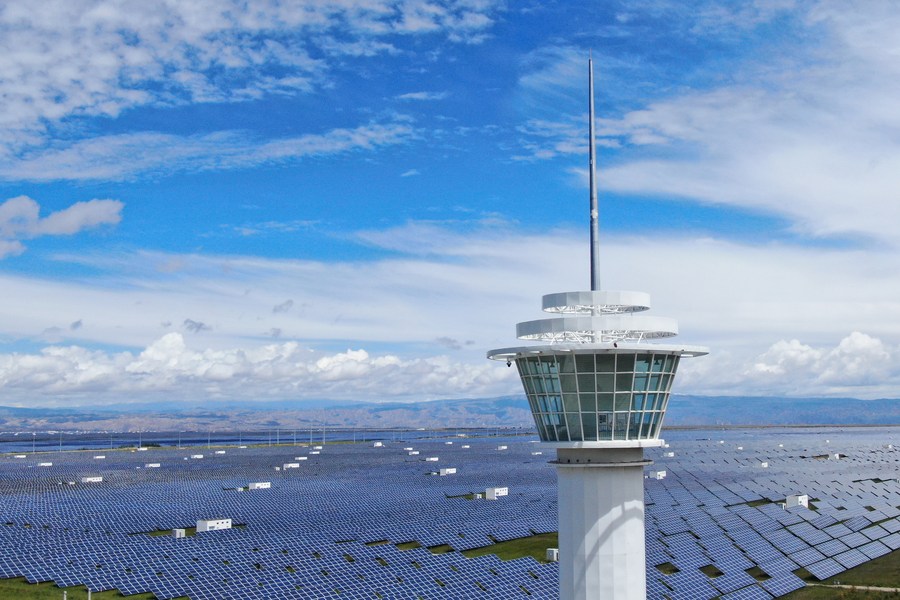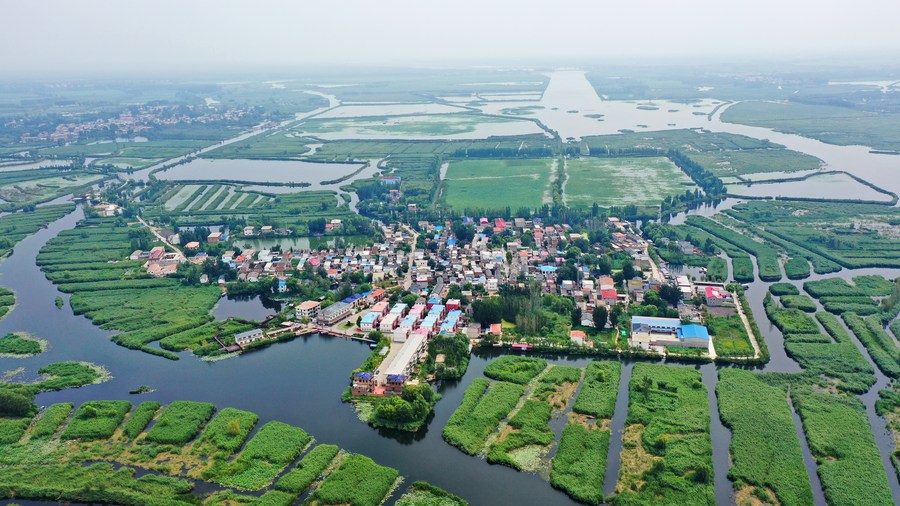Working Together for A Better World

China’s ambition is to put its house in order and contribute to global efforts in addressing climate change.
The summer of 2021 was alarming. Wildfires raged in forests around the world, with the United States, Russia, Greece, France and Turkey among the countries suffering most. Floods also caused catastrophe and pain in China, Germany, the U.S., Yemen and beyond.
The connection of these phenomena to climate change is not automatic. Climate change, however, can cause hotter and longer heatwaves that produce dry conditions making wildfires difficult to extinguish. Further to this, it makes extreme rainfall more likely, whereas devastated forests also increase the risk of flooding. Scientists have been ringing the bell about these issues for years.
At a time when climate change has captured international attention, China finds itself in a transition period. Its efforts to change its growth model by placing more emphasis on quality and environmental protection rather than quantity and double-digit rates has already produced some results. In July, for instance, Beijing recorded its cleanest air in eight years. Also, the capacity of wind and solar energy is continuously being boosted.

Despite challenges ahead, the country has shown resolute resolve in its goals of achieving peak carbon by 2030 and carbon neutrality by 2060. The main challenge for China is combining its technological advancements with green development. The support of the hydrogen industry, for example, is included in the national 14th Five-Year Plan (2021-25). Other initiatives such as the establishment of the National Green Development Fund have also contributed to controlling pollution and restoring the ecology. Recently, China also launched the world’s largest carbon market – a significant step to reducing its carbon footprint and meeting emission targets. The scheme is initially designed to cover the power sector, and is scheduled to be expanded.
The global warming goals of the Paris Agreement remain more critical than ever for all countries, while new, more ambitious pledges will perhaps be necessary in the medium-term. The COVID-19 pandemic led to a significant drop of 7% in carbon emissions in 2020, but expectations for 2021 are not optimistic. A report released by the International Energy Agency foresees an increase of around 5% due to increasing coal use. Within this general framework, two significant UN events will take place this fall. The first will be the COP 15 biodiversity summit to be held in Kunming, Yunnan province, in October. The other is the COP 26 climate change conference, which is scheduled for November in Glasgow, Scotland.

World problems are becoming transnational and it is widely accepted that international cooperation is the only way forward. Such collaboration can vacillate from building mechanisms and sharing manned and unmanned aircrafts to fight wildfires in times of need, to jointly developing smart agriculture solutions and preventing food insecurity. Innovation will be key in meeting the UN sustainable development goal of climate change, if applied properly. Competition among international companies is fair, but should not evolve into an obstacle to the global public good of environmental protection.
China’s ambition is to put its house in order and contribute to global efforts in addressing climate change. In this regard, it is certainly encouraging that after the U.S. return to the Paris climate accord, Beijing and Washington are firmly committed to working together, and with their partners, to strengthen its implementation. Their joint statement this April has outlined their common purpose. A more pragmatic China-U.S. relationship is crucial when it comes to endeavors in mitigating global warming. In envisaging a better world, every country needs to fulfill their responsibilities.
George N. Tzogopoulos is a columnist with China.org.cn.
 Facebook
Facebook
 Twitter
Twitter
 Linkedin
Linkedin
 Google +
Google +










